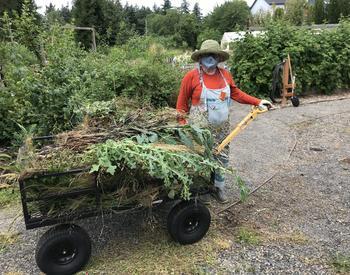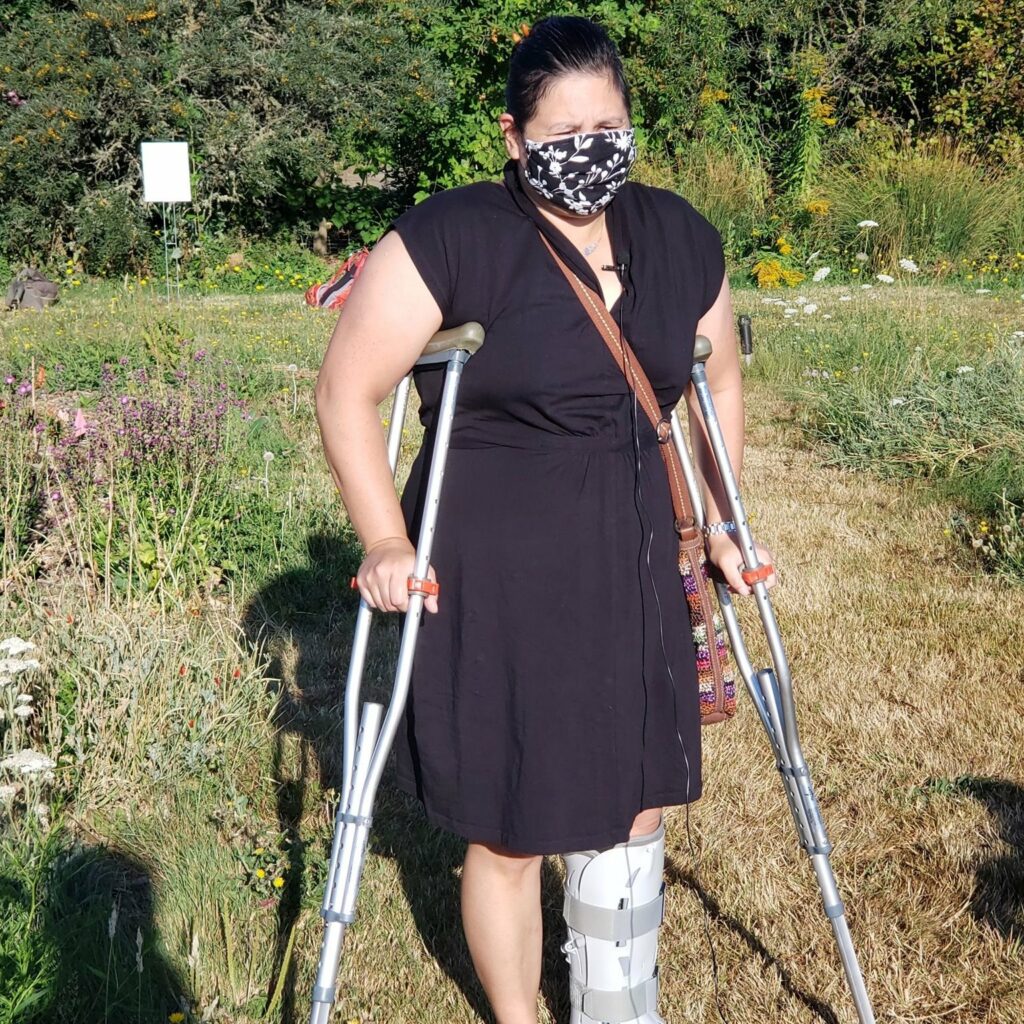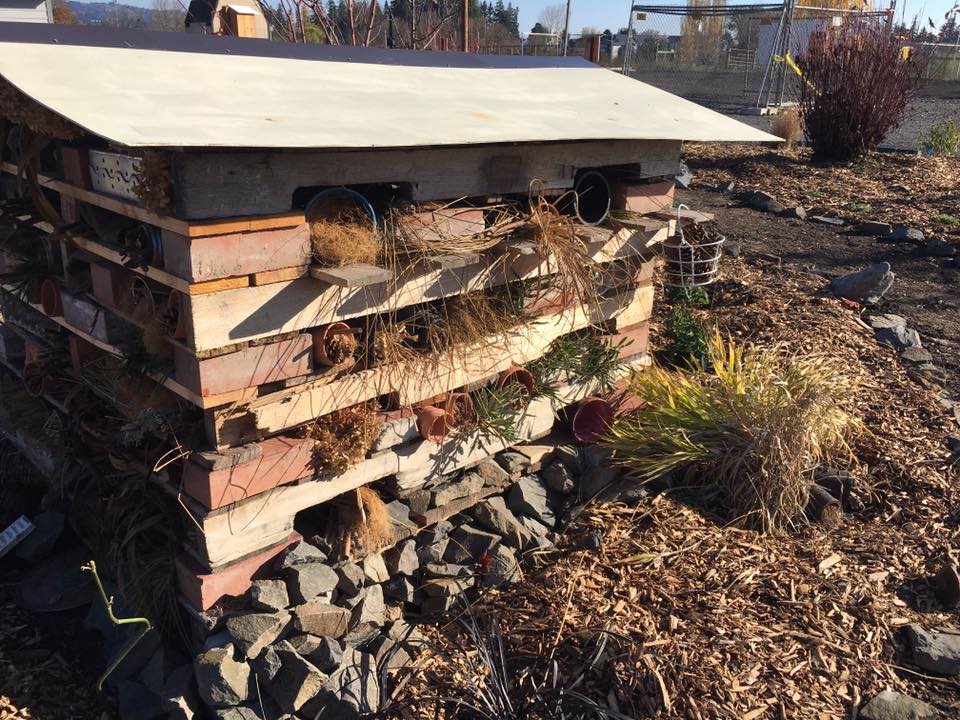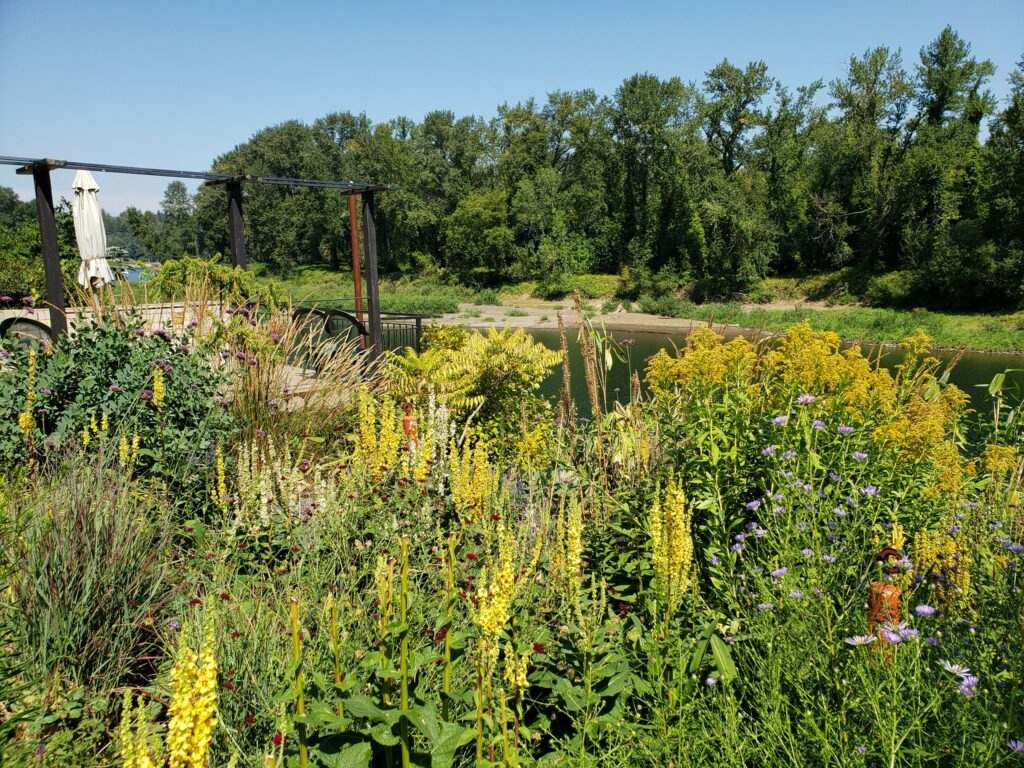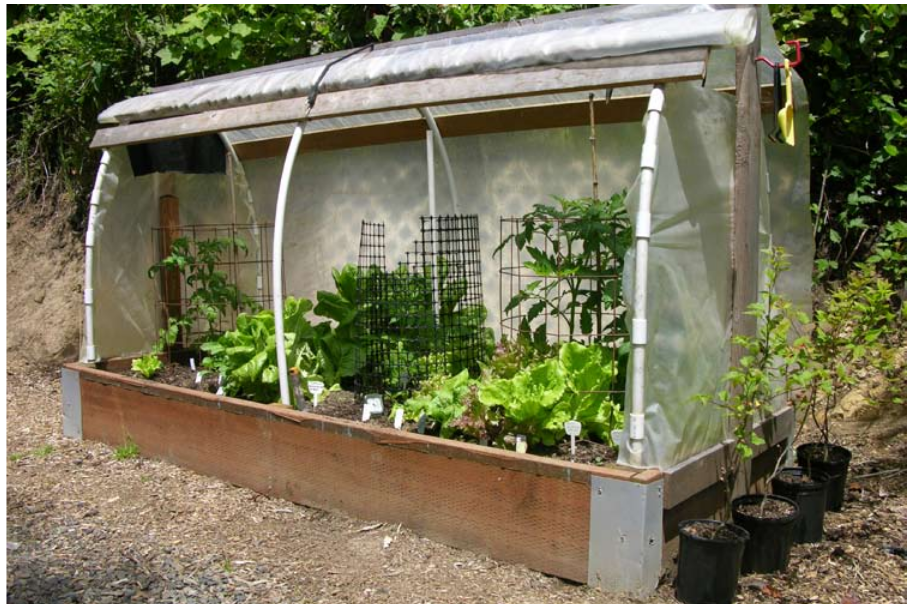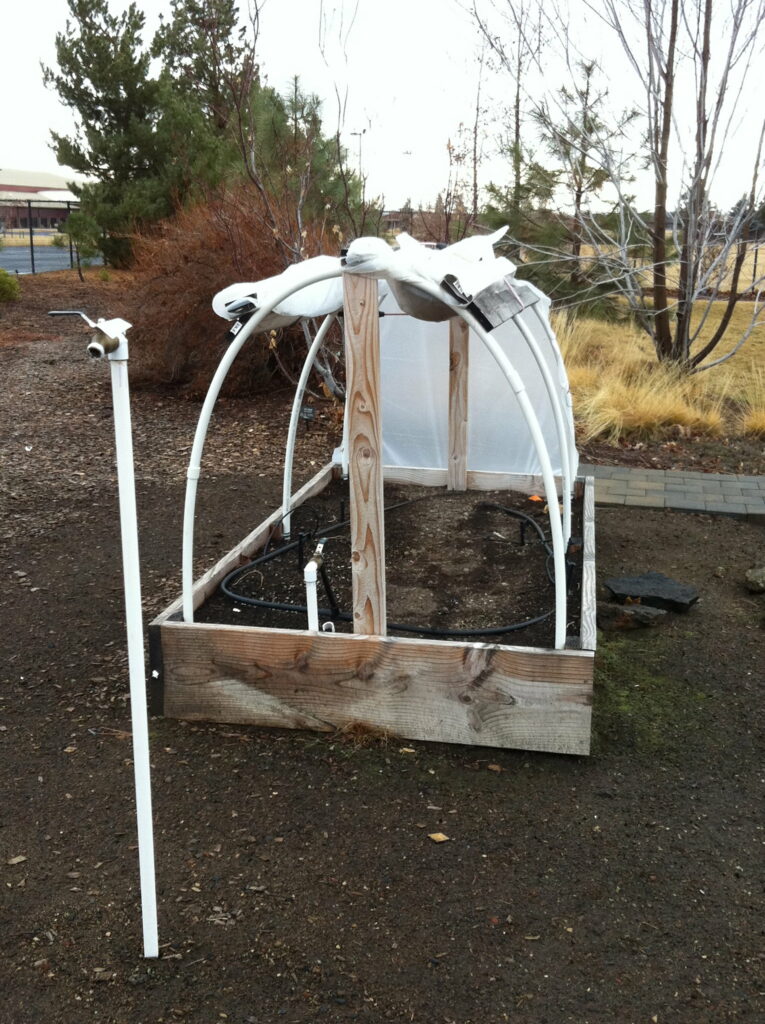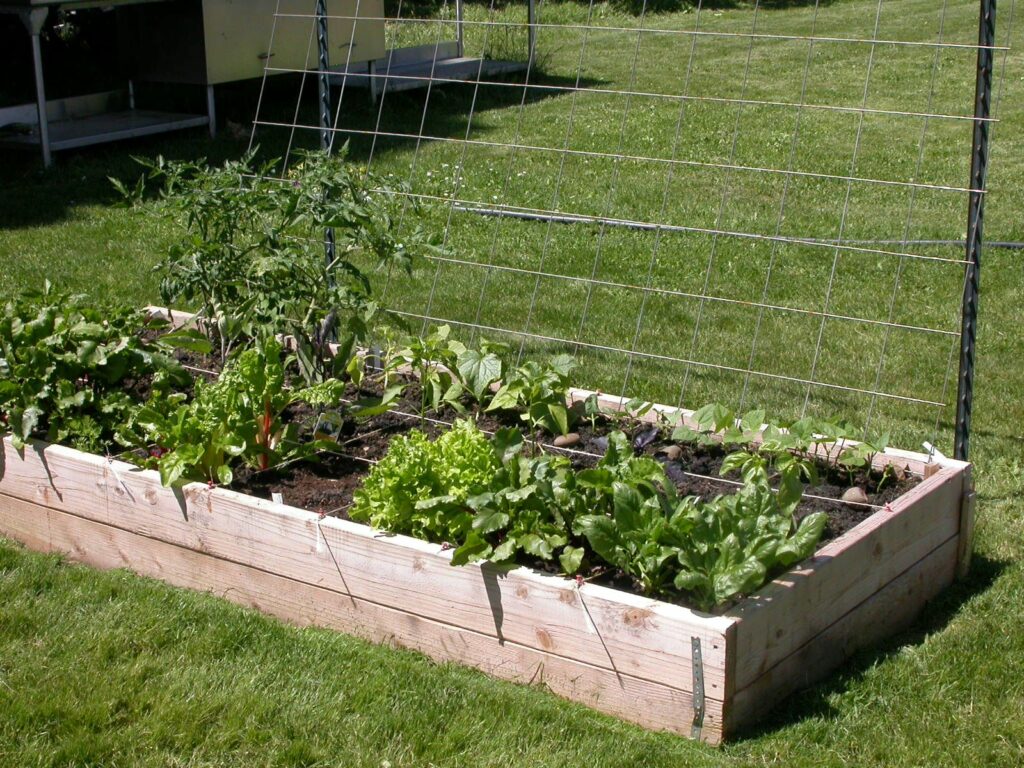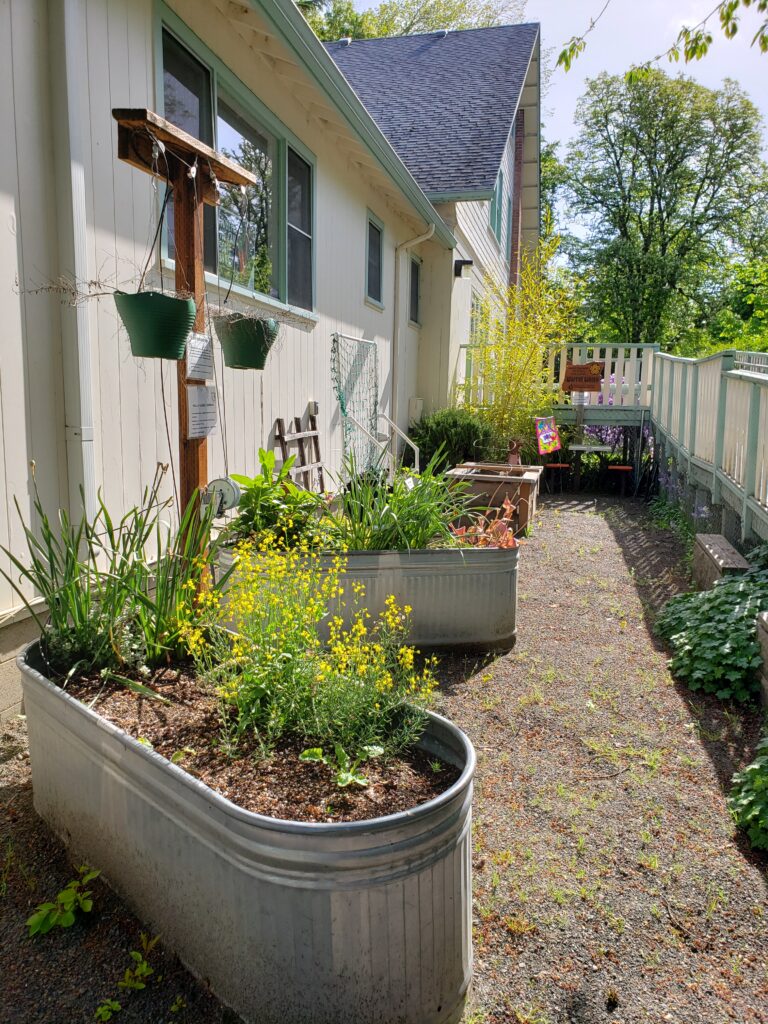Dear OSU Extension Master Gardener Volunteers and Staff,
Over the past few weeks, information regarding Oregon State University President F King Alexander’s leadership over Title IX at Louisiana State University and subsequent information shared about Title IX and the handling of sexual violence and misconduct has been shared through the issuing of a report by the Husch Blackwell law firm. The OSU Board of Trustees has engaged and heard from extensive public comments and communications, conducted public discussions with President Alexander, and has issued a probationary period while further information is gathered. On Friday, March 19th, the Faculty Senate called for a vote of no confidence in President Alexander and called upon him to resign. The OSU Board of Trustees announced President Alexander’s offer of resignation Tuesday, March 23rd.
This has resulted in an array of emotions, questions, and concerns from many within the OSU community. During this tumultuous time, in what has already been an extremely tumultuous past year, I look to our gardening community of volunteers for grounding and clarity.
This is a good time to reflect upon the guiding values of the Master Gardener program:
- We are connected to Oregon State University, and use both science and local knowledge to inform our community engagement, educational outreach, and horticultural expertise. We strive to make the resources of Oregon State University accessible to all and inspire and encourage lifelong curiosity and learning through continued scientific exploration and discovery.
- We are connected to our local communities, and their needs drive the work of our program. We are inclusive, where everyone is welcome, respected, valued and supported. We know that collaboration and partnership with our communities, community organizations, and neighbors make us stronger and that together, we create positive change.
- We are connected to our earth, and strive for stewardship and sustainability through horticultural best practices and a conscientious approach to volunteer work in alignment with our program priorities. We aim to improve not only the lives of the people within our communities, but also the land which sustains us, and future generations.
- We are driven by a sense of fun, wonder and curiosity for the natural world and a commitment of service to our local communities.
At the heart of the Master Gardener program are our volunteers, and your health and safety are our highest commitment. More than 75% of Master Gardener volunteers are women. Many of our volunteers come to the program from school experiences and careers in the workforce prior to the landmark passage of the Title IX civil rights law in 1972. Events and news like what we’ve heard at OSU these past few weeks can bring up many painful memories and personal experiences, both for victims and their family and friends.
OSU Extension and the Master Gardener program unequivocally stand in support of survivors of sexual violence and sexual harassment. We are committed to creating safe spaces for our colleagues and the youth, adults and communities we serve and work with, including our volunteers. We will not tolerate discrimination, misogyny, harm or violence of any sort within our program and the communities in which we serve.
If you experience or witness sexual misconduct, discrimination, harassment, bullying, or retaliation in any capacity as an OSU Extension Master Gardener, please report it to OSU’s Equal Opportunity and Access Office: https://eoa.oregonstate.edu/. Your local Master Gardener coordinator, and myself, are personal resources for reporting as well.
You’ll hear more from us in the coming week as we look to the future and see glimmers of hope for returning to our work together. The daffodils have begun to bloom here in the Willamette Valley, and I know spring is here.
More soon,
Gail Langellotto | Statewide Coordinator, OSU Extension Master Gardener Program | Professor of Horticulture, Oregon State University



